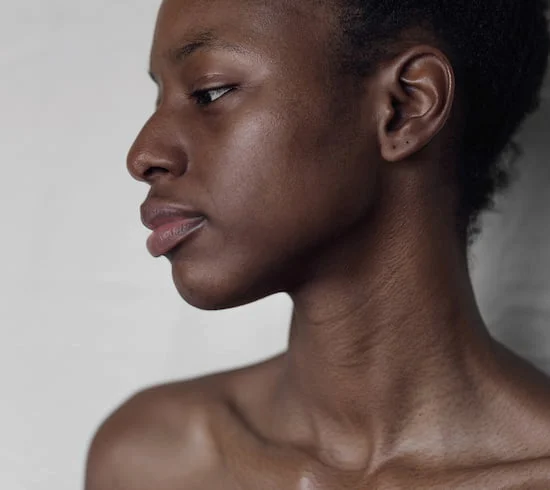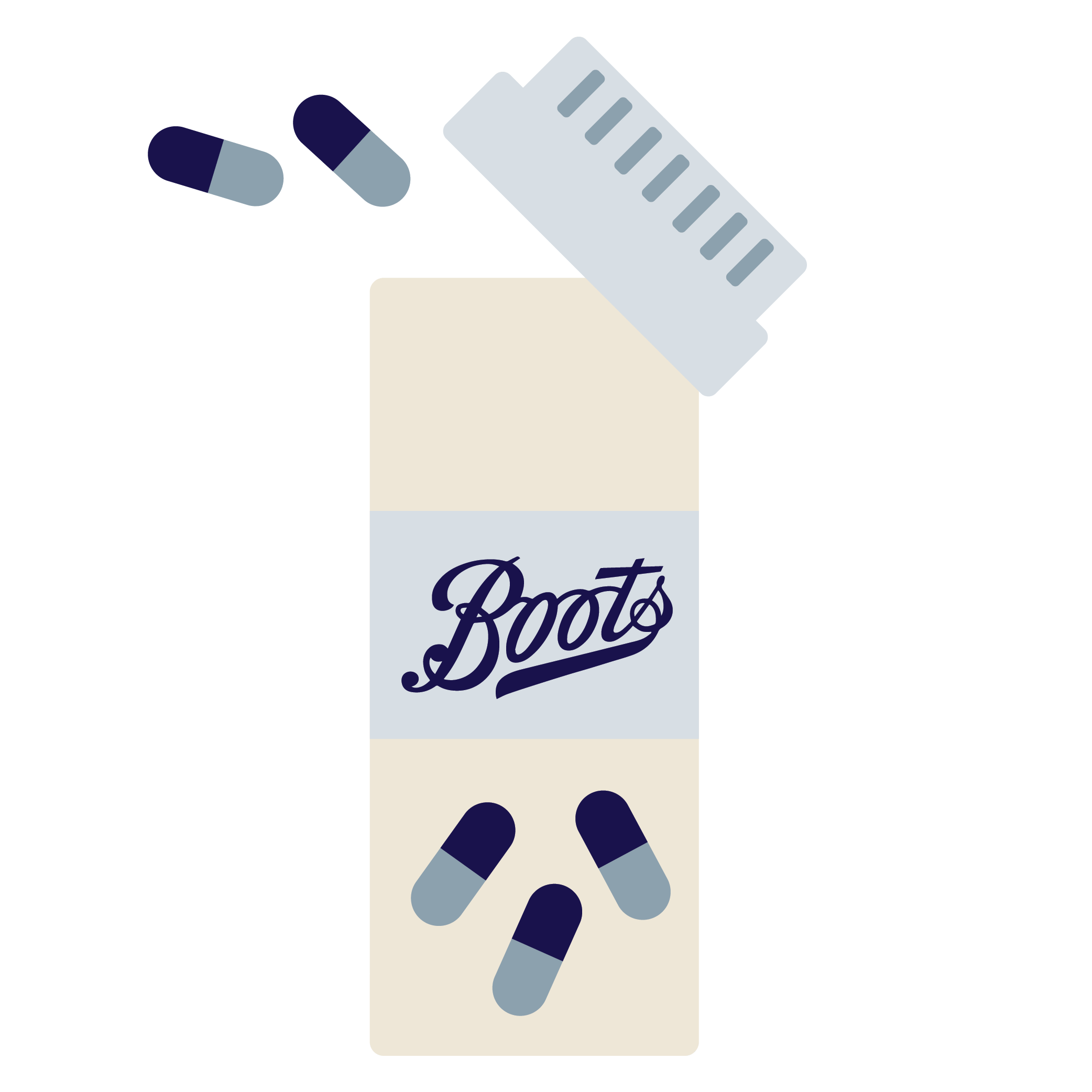
ACNE — WHAT YOU NEED TO KNOW
What is acne?
Acne is a common condition which causes spots and redness on your skin. It usually affects the face but you can also get it on your shoulders, chest and back.

What are the symptoms of acne?
Symptoms vary from person to person but for most, acne is a combination of blackheads, whiteheads and small bumps called papules or pustules. More severe cases include hard lumps called nodules and pus-filled lumps called cysts. Severe acne can also cause scarring.
What causes acne?
Acne occurs when increasing levels of hormones cause our bodies to make more oil than normal. This oil mixes with dead skin and clogs the pores, which can cause them to become inflamed or infected by bacteria. Because hormonal changes kick in at puberty, acne is very common among teenagers. But pregnancy, stress and age-related hormonal changes can cause outbreaks in adults too.
What can I do to improve my acne?
There are some triggers that can make acne worse. Avoid picking and squeezing spots — this will only spread germs and increase inflammation. It can also lead to scarring. Heavy make-up and sweat can also block pores and may make your acne worse. Use an unfragranced cleanser but avoid washing your skin more than twice a day.
It’s still unclear if diet affects acne but there is some evidence that having a balanced diet may help and you should drink plenty of water.
Acne and the contraceptive pill
Certain oral contraceptives can help with acne and improve the appearance of your skin. These are ideal for women who would like to take the pill as a contraceptive as well.
You can visit our contraceptive service for more information.
Looking after your mental health
Acne doesn’t just trouble your skin. It can affect your emotional health too, leaving you with low self-confidence or even depression. Like many people experiencing acne, you might feel stressed or anxious by the appearance of your skin. If you’re experiencing these feelings, it’s important you talk to your GP to make sure that you get the mental health care you need.
Page last reviewed by: Dr. Christina Hennessey 21/06/2021

